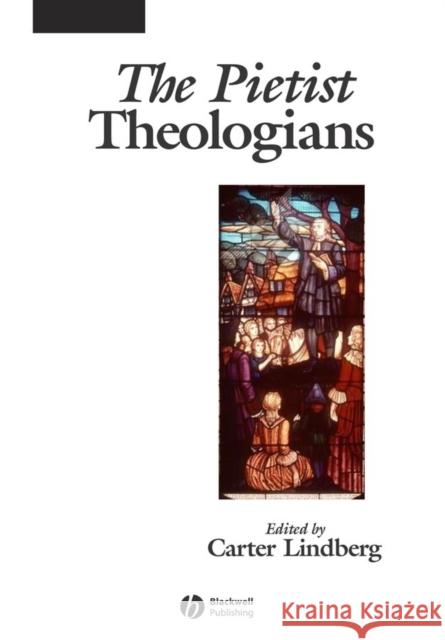The Pietist Theologians: An Introduction to Theology in the Seventeenth and Eighteenth Centuries » książka
topmenu
The Pietist Theologians: An Introduction to Theology in the Seventeenth and Eighteenth Centuries
ISBN-13: 9780631235200 / Angielski / Miękka / 2004 / 282 str.
The Pietist Theologians: An Introduction to Theology in the Seventeenth and Eighteenth Centuries
ISBN-13: 9780631235200 / Angielski / Miękka / 2004 / 282 str.
cena 236,42
(netto: 225,16 VAT: 5%)
Najniższa cena z 30 dni: 233,52
(netto: 225,16 VAT: 5%)
Najniższa cena z 30 dni: 233,52
Termin realizacji zamówienia:
ok. 30 dni roboczych.
ok. 30 dni roboczych.
Darmowa dostawa!
A comprehensive introduction to the Pietist theologians of the seventeenth and eighteenth centuries in Puritan England, Pietist Europe and Colonial America.
- Provides a comprehensive introduction to the Pietist theologians of the seventeenth and eighteenth centuries.
- Demonstrates the influence that Pietism had on the religious, cultural and social life of the time.
- Explores the lasting effects Pietism has had on modern theology and modern culture.
- Presents both Protestant and Catholic theologians in Puritan England, Pietist Europe and Colonial America.
- Focuses on women as well as men.
- Features up-to-date research and commentary by an international group of leading scholars.











